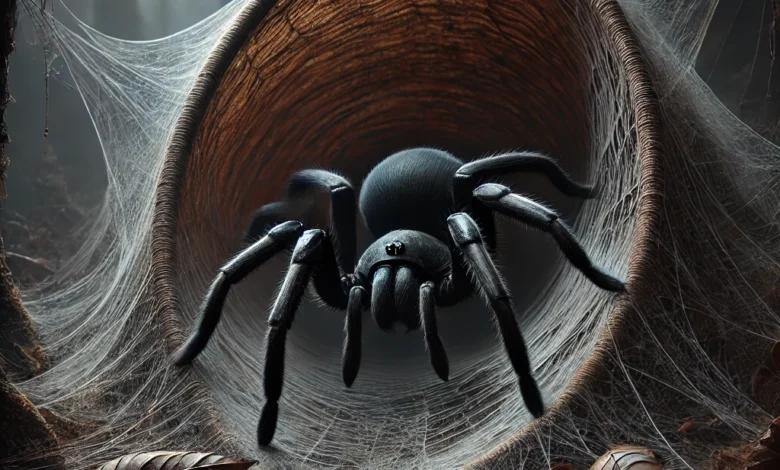Understanding Funnel Web Spiders: A Comprehensive Guide

Funnel web spiders are among the most fascinating yet misunderstood creatures in the arachnid world. Known for their distinctive web structure and potent venom, these spiders have captured the attention of both scientists and the public alike. This article delves deep into the world of funnel web spiders, exploring their characteristics, behavior, and the significance of their venom.
What are Funnel Web Spiders?
Funnel web spiders belong to the family Hexathelidae, which comprises various species known for their burrowing habits and unique web designs. These spiders are robust and medium to large in size, with females generally larger than males. They are characterized by their shiny, dark bodies and prominent spinnerets, the organs responsible for spinning webs.
Types of Funnel Web Spiders
There are several species within the funnel web spider category, but the Sydney funnel web spider (Atrax robustus) is perhaps the most notorious. Found primarily in Australia, this species is known for its highly venomous bite, which can pose serious risks to humans. Other notable species include the northern tree funnel web spider and the Blue Mountains funnel web spider, each adapted to specific environments within Australia.
Habitat and Distribution
Funnel web spiders are predominantly found in Australia, though some species are located in South America and Asia. They prefer moist and shaded environments, which are abundant in the forested regions of the Australian coast. These spiders are burrowers, creating intricate funnel-shaped webs that serve both as a habitat and a trap for prey.
Behavior and Lifestyle
The lifestyle of funnel web spiders is largely solitary, with individuals rarely interacting outside of mating seasons. They are nocturnal hunters, relying on their webs to ensnare insects and other small creatures. The structure of their web allows them to quickly detect and respond to any vibrations caused by a trapped prey.
Venom and Danger to Humans
The venom of funnel web spiders contains a complex mix of toxins that can be lethal to humans. However, incidents of bites are rare, and an effective antivenom has been available since the 1980s, which has significantly reduced fatalities. Symptoms of a funnel web spider bite can include severe pain, sweating, muscle spasms, and nausea, requiring immediate medical attention.
Conservation Status
Despite their fearsome reputation, funnel web spiders play a crucial role in their ecosystems as both predators and prey. Conservation efforts are focused on preserving their natural habitats and understanding their ecological impact. Some species are listed as vulnerable due to habitat loss and environmental changes.
FAQs About Funnel Web Spiders
- Are all funnel web spiders dangerous? Not all funnel web spiders have venom that is dangerous to humans; however, caution is advised around known venomous species.
- Can you keep a funnel web spider as a pet? Due to their venomous nature and specific care requirements, funnel web spiders are not recommended as pets.
- How do you treat a funnel web spider bite? Immediate medical treatment with antivenom is crucial for venomous bites.



